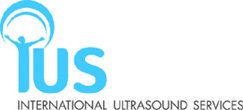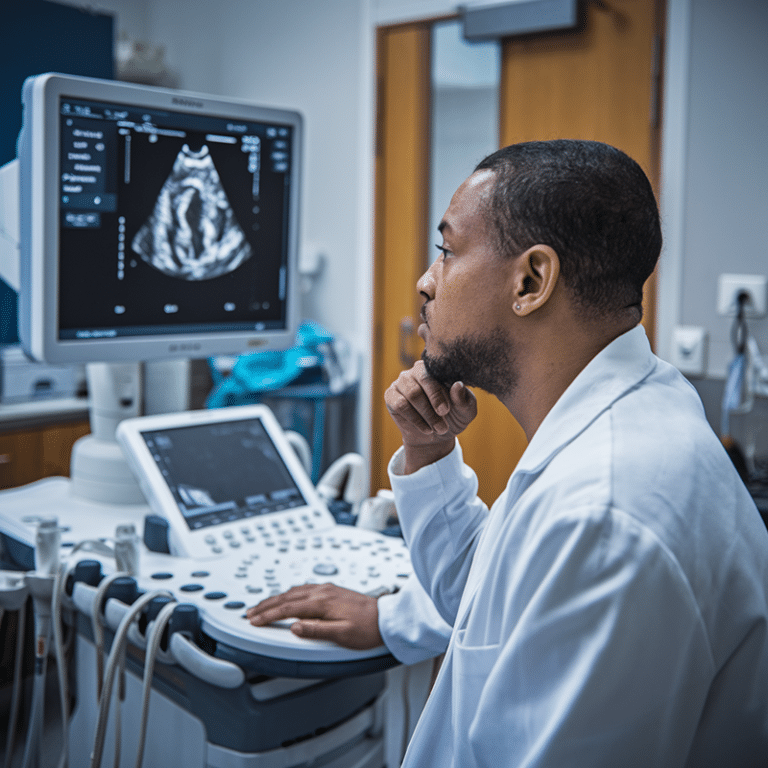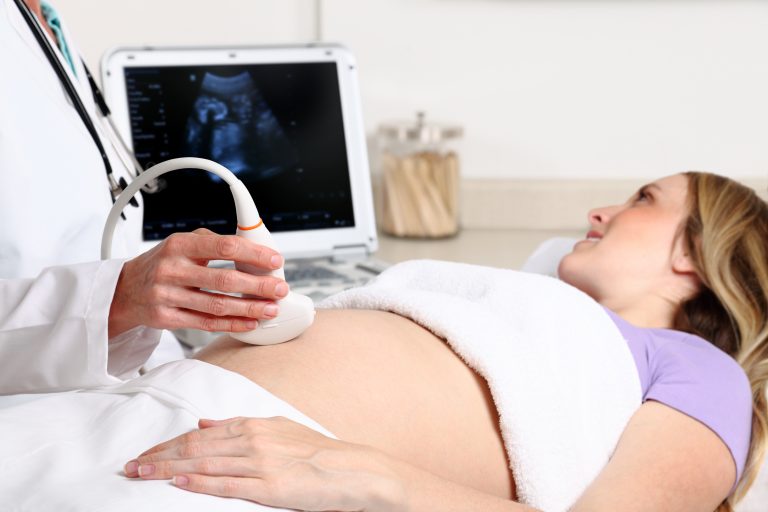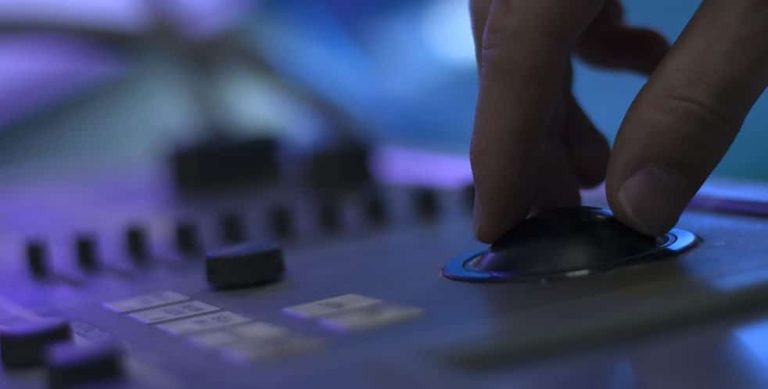COVID-19 Adjustments to Ultrasound Practice
1 Introduction
- International Ultrasound Services Limited (IUS) aims to provide a safe and healthy working environment at all times. It is committed to reducing the risk to the company, its two sonographers/directors and patients by examining all its work activities and applying the principles of risk assessment. This document specifically addresses changes to our ultrasound practice during the COVID-19 pandemic in order to provide a safe environment for both the IUS staff and patients. The following adjustments will ensure that IUS can continue to safely provide ultrasound scanning support for patients and the NHS in London during these challenging times.
2 Changes in practice
- In accordance with the Personal Protective Equipment Regulations (PPE) 1992, it is imperative that appropriate PPE is utilised by both sonographers during the ultrasound scan appointments. An International Society of Ultrasound in Obstetrics and Gynaecology (ISUOG) safety statement (2020) highlights that as sonographers are unable to maintain recommended distances from patients during an examination, they need to take all necessary precautions. It is was suggested that as sonographers are in close contact with patients they should use contact and droplet precautions. This includes the wearing of a surgical mask and gloves, ensuring good hand hygiene and cleaning the equipment. A three-ply surgical mask is required when performing ultrasound scans as there is direct patient contact. The surgical masks may be reused during the care of multiple patients, if used to protect the healthcare provider from an activity with low transmission risk, such as ultrasonography. The mask should be replaced as soon as it is damp. Latex-free disposable gloves should be used during the ultrasound examination and changed after each patient.
- COVID-19 is denatured by common disinfection. Good hand hygiene and cleaning of equipment and all surfaces with which patients or droplets might have come into contact is paramount to reducing the spread of the virus. Any aspect of the ultrasound room that might have become infected by contact or droplets such as the ultrasound machine, couch, keyboard, door handles, sink, payment machine and surfaces require disinfection in between each patient.
- It is important to ensure that the waiting room is not overcrowded in order to ensure the recommended two metres between individuals. We will ensure that only one patient is present at any given time. The patients will be informed that no friends of relatives should arrive with the patient unless absolutely necessary. The IUS receptionist will ensure that no other patient is allowed to enter the clinic waiting area. Patients will be notified to not arrive more than 15 minutes early for their appointment so that they are not left waiting outdoors unnecessarily. Furthermore, the ultrasound room utilised during this period has a door that exits directly onto the street therefore the exit and entry routes will not coincide.
- The patients that are welcomed by the receptionist will be told to take a seat two metres away from the reception desk and it will be the sonographer whom is wearing the appropriate PPE that will walk the patient into the ultrasound room in order to not allow any close interaction with the receptionist. All patients will be asked to disinfect their hands as soon as they enter the clinic.
If the receptionist is required to join the sonographer into the ultrasound room for the purposes of chaperoning, then they will also be require to wear a surgical mask and disposable gloves to ensure their protection. - Patients with suspected or confirmed COVID-19 should not attend IUS for their ultrasound scan. They should self isolate for the recommended seven days in accordance with Public Health England guidelines and attend for their ultrasound scan after that period. In addition, patients who are over 70 years of age or who have underlying health concerns should also not schedule an ultrasound scan. If a scenario arises whereby the patient is insisting that their health concern is urgent and that they really require the ultrasound scan urgently; the IUS registered manager would have to risk assess the case and decide whether a rare exception be made. In the unlikely event of this rare scenario, the patient who be asked to attend at the very end of the ultrasound list whereby the clinic would be thoroughly disinfected before and after their appointment.
- The following changes to ultrasound practice would also be implemented:
- Shorten the general consultation by solely focusing on performing the ultrasound scan and providing a diagnosis. Inform the patient that conversations after the ultrasound scan or lengthy explanations will not be provided



